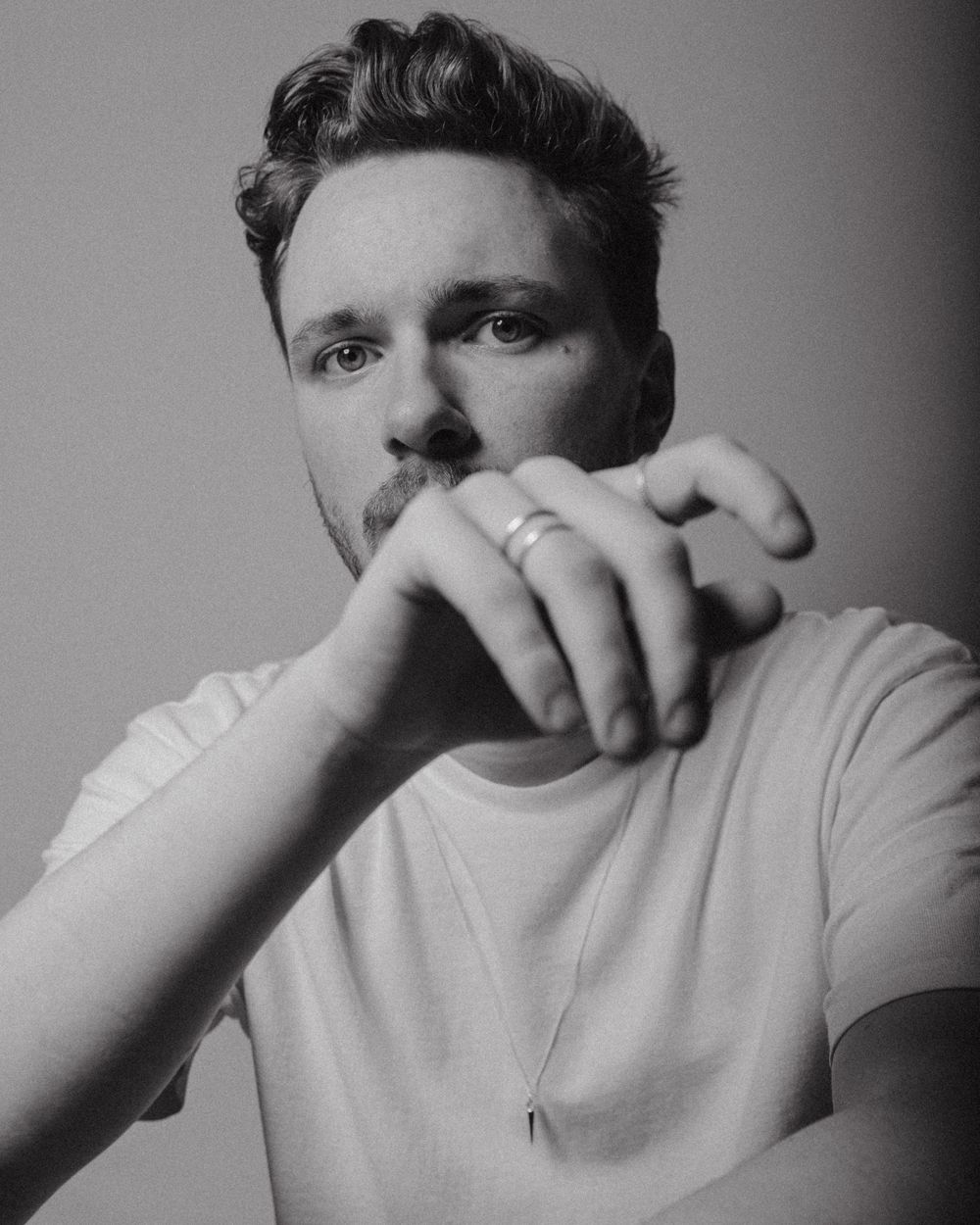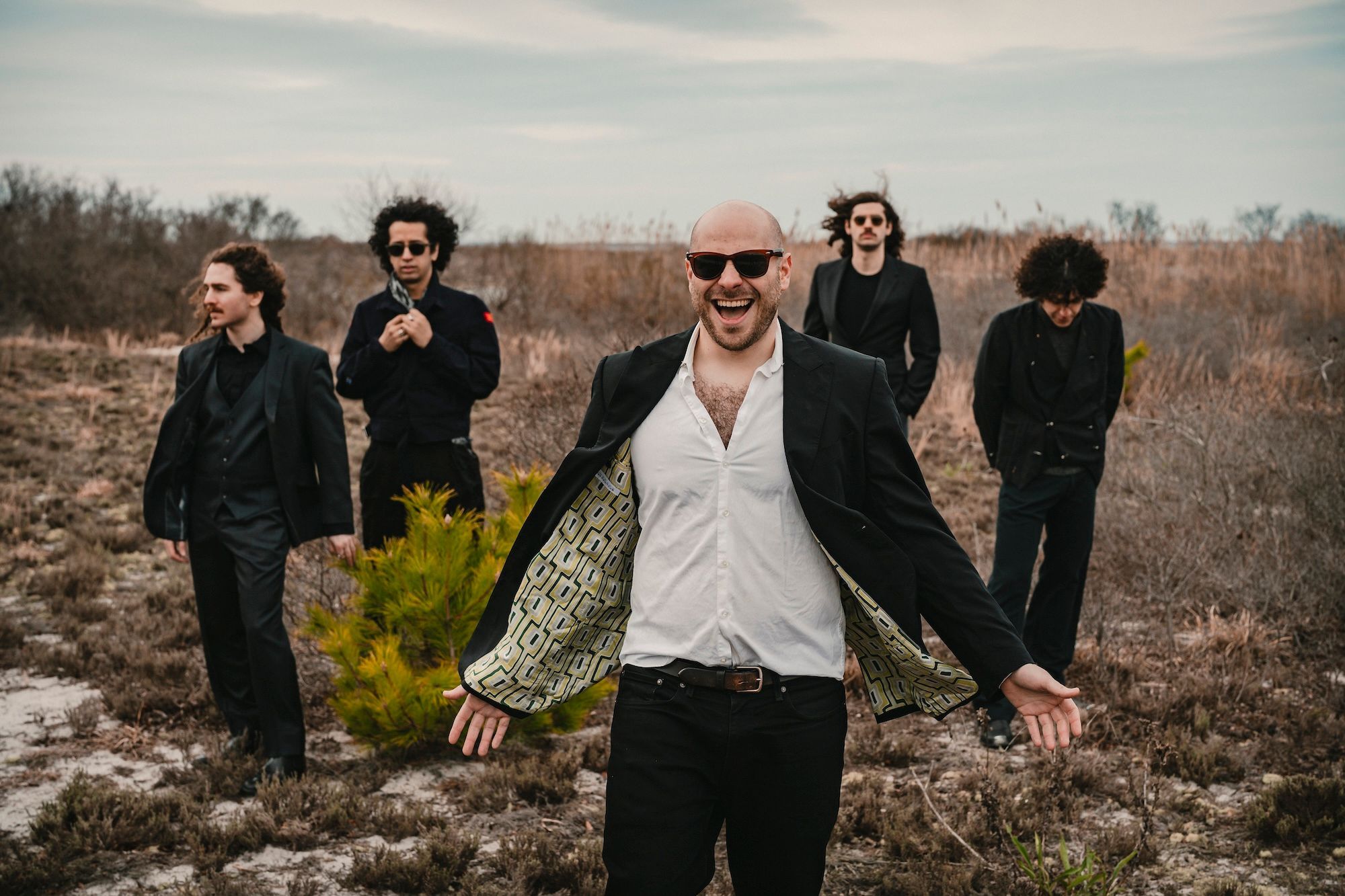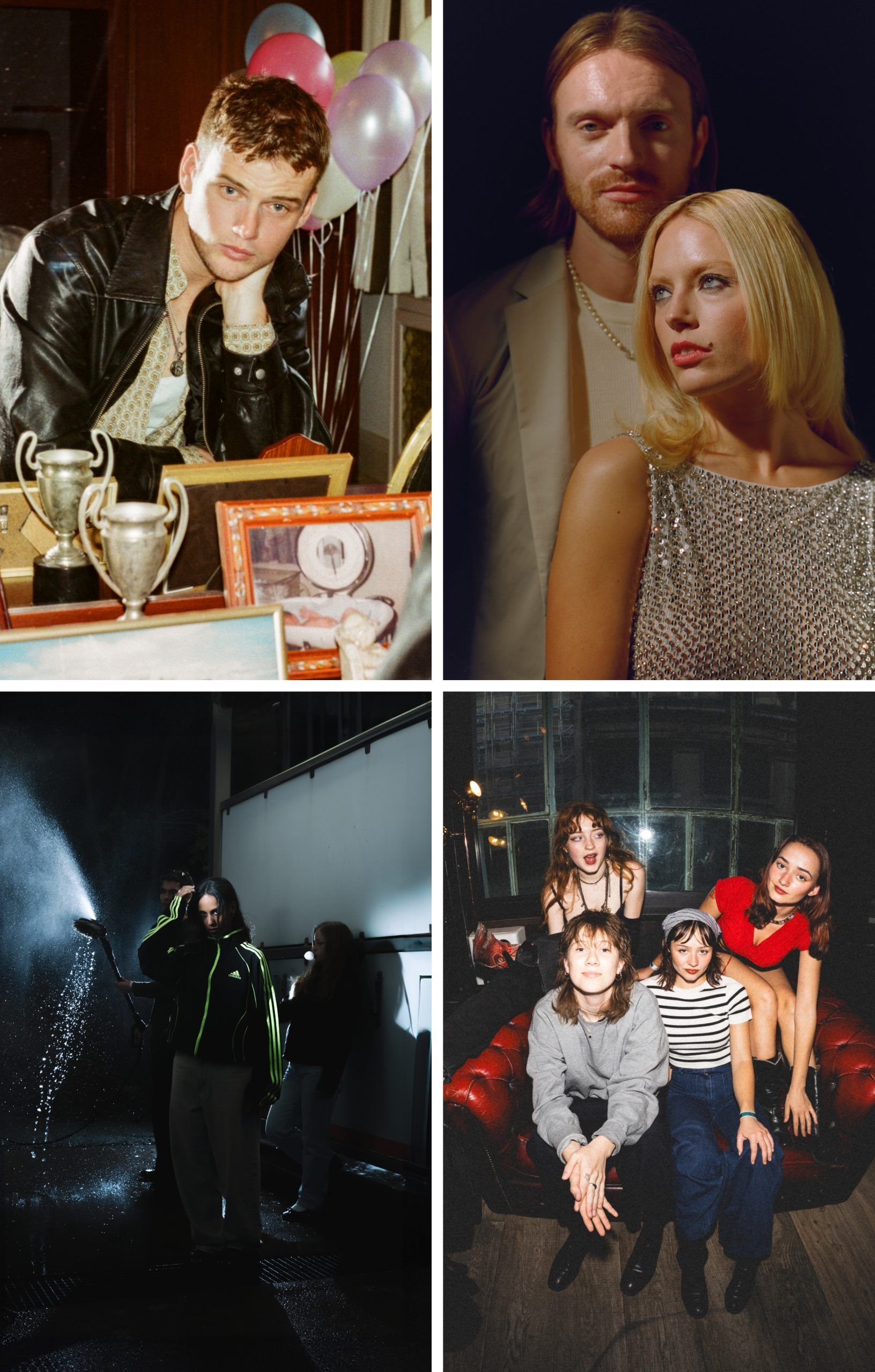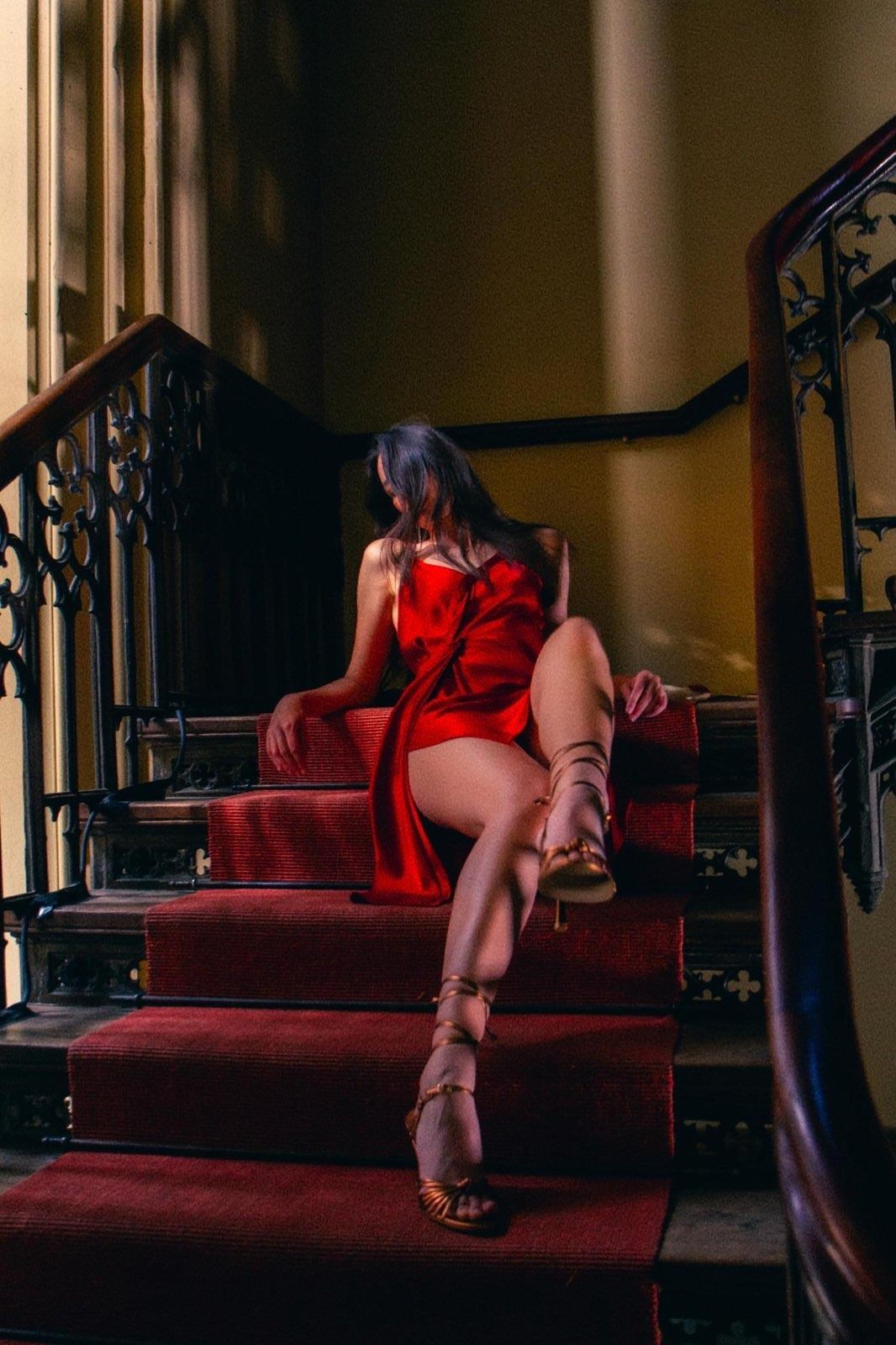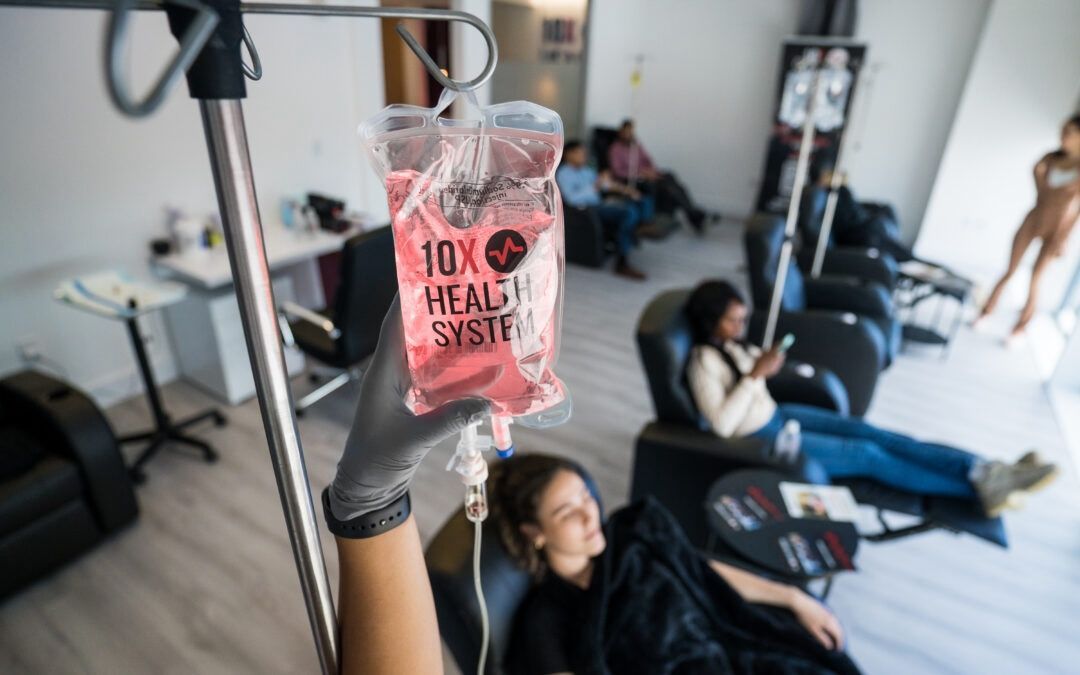Nick Wilson blends heartfelt lyricism with his cinematic soundscape to create an intimate world that documents the ups and downs of the modern-day human experience.
With his EP Love and Heartache, he builds on this to document the twists and turns of love and, sometimes, the inevitable loss we experience as a result. Since releasing his debut EP Darkest Hour in 2013, the London-based musician has evolved to be one the UK’s most prolific and poetic musicians. With an impressive talent for creating clear and thoughtful narratives in his tracks, he has a tenacity for relating his experiences in a manner that encourages the listener to consider their own.
His ability to connect is not only reserved for his music but also his online presence. A marked departure from the side we see of him in his songs, ‘Everybody But Me’ and ‘Enough to Know You’, Nick uses his social media presence to remind others of the importance of being lighthearted and, in his own words, ‘an absolute idiot’.
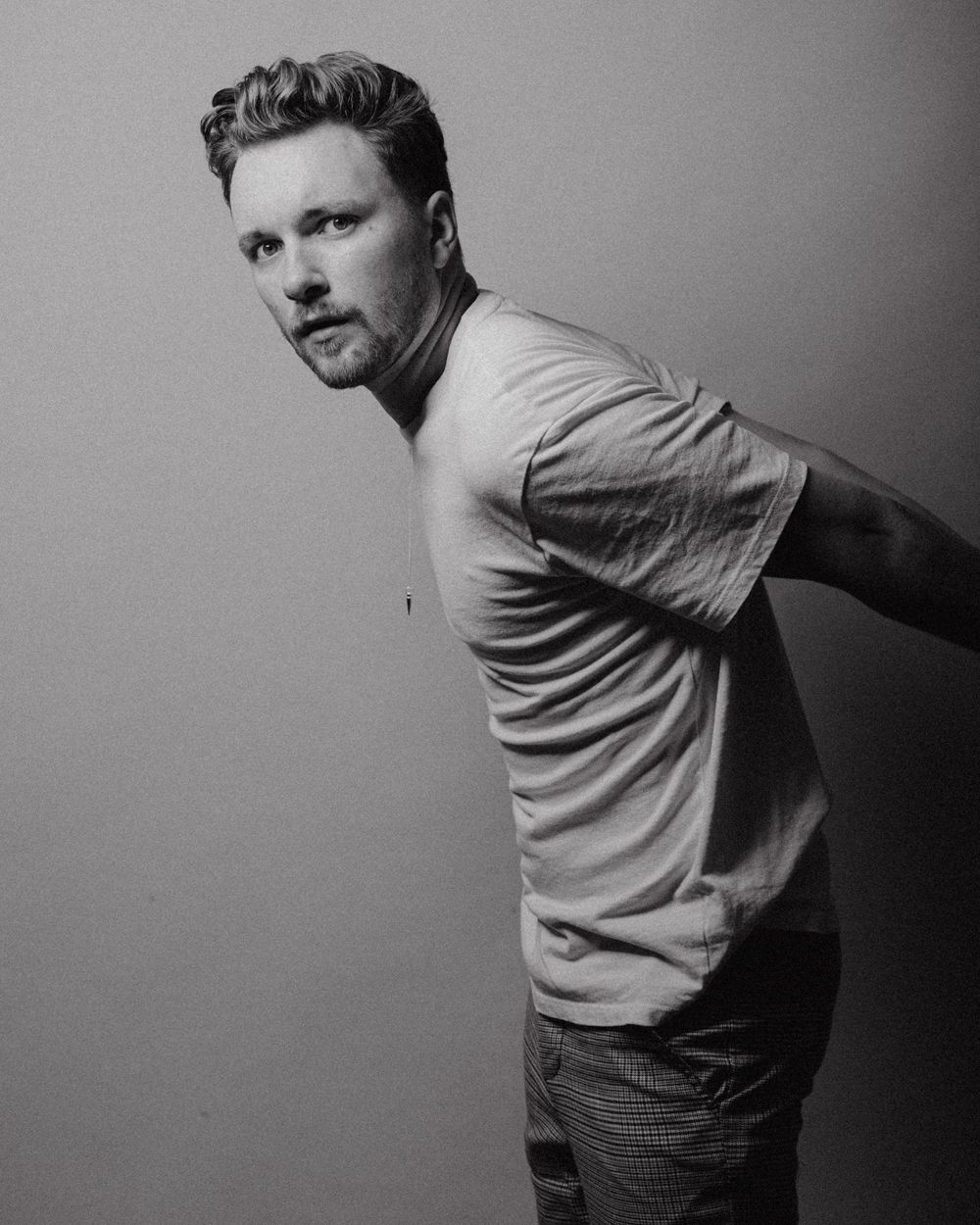
You’ve previously mentioned that you were brought up with perseverance. What do you mean by that?
I said that? That’s a strong word there. I think I really meant that whenever I was playing music when I was younger, my parents always encouraged me to carry on. I was never guided into something else, and I think that really ignited my passion for music as it just meant I was free to dive in as deep as I wanted to.
As well as your sound, your work is lyrically rich. How do you use language as a vehicle for expression?
Yeah, I think I’m just fascinated with lyrics. I think we all are to some degree even if we don’t realise it — subconsciously we latch on to words and meanings more than we like to admit. We use language to literally express ourselves in our day-to-day, and I think there’s something so so beautiful about refining that language to say something really potent in lyricism.
Your latest body of work is your new EP Love and Heartache. What do you hope fans take away from it?
As an EP it touches on different parts of emotion and relationships with other people but also with ourselves, so I really hope people find something in it that they can see themselves in, whether good or bad. I like pouring my heart into lyrics that other people can relate to more than anything else.
The track ‘Safe’ explores this theme of staying true to yourself regardless of the risk. What made you want to explore this?
‘Safe’ is about wanting to stay true to yourself and letting yourself be vulnerable even if it isn’t the easiest option of the smoothest ride. I wrote it with my friends The Nocturns, and we were talking about that idea that sometimes we can be our own worst enemy — we have a tendency to make our own problems seem worse than they are [not trying to dismiss real problems here!] and sometimes it’s better to accept that and move on. As long as you’re staying true to yourself.
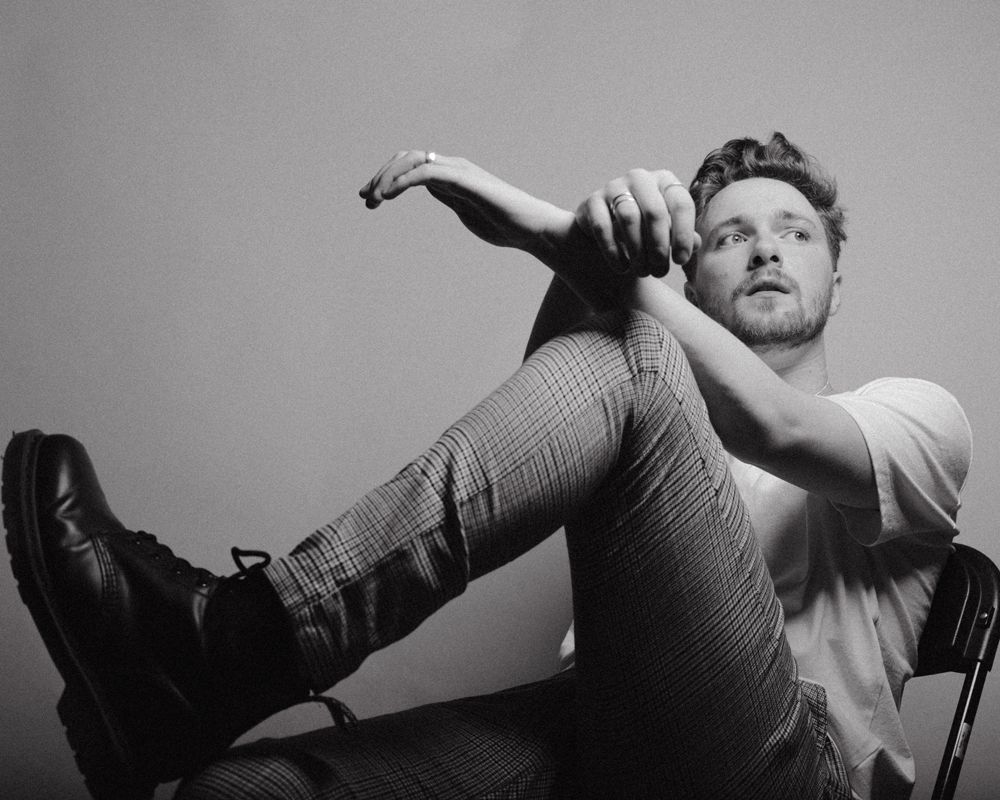
Your latest track ‘Everybody But Me’ incorporates themes of not knowing who you are. What inspired this track?
I think it’s inspired by a feeling that we all feel at some point, especially at the moment. That idea of being at our lowest and comparing ourselves to other people seemingly at their best. It’s kind of a social media thing — it’s so so easy to assume other people are happy because of what you see them post, and then in doing so make yourself feel worse. But that’s rarely the case, and really we’re all going through our own things that we choose not to show. So, this song for me was about recognising that and needing someone to show you your own worth and help you out of that hole.
Earlier this year you released ‘Enough to Know You’ which is a very melancholic track about how you feel about an ex. How did your personal experiences play into this?
I always write from personal experience; even if the specific situation isn’t happening to me at the time of writing, it will always be something I have felt at some point. ‘Enough to Know You’ was about being broken up with, but then coming to the realisation that the time you spent with that person was enough. I guess, in a way, it’s still a love song but in a different way.
You use Twitter a lot and it shines a light on your light-hearted, funny side but also your views regarding current news. How important is it to you to use it in this way?
Thank you [laughs]! I think this is so important, Twitter for me is that middle ground of being an absolute idiot and tweeting things that add absolutely nothing to the world, but then also talking about social and political things and engaging in these discussions [that admittedly always seem to be filled with awful awful people haha]. I’m not afraid to tweet about the things I’m passionate about.
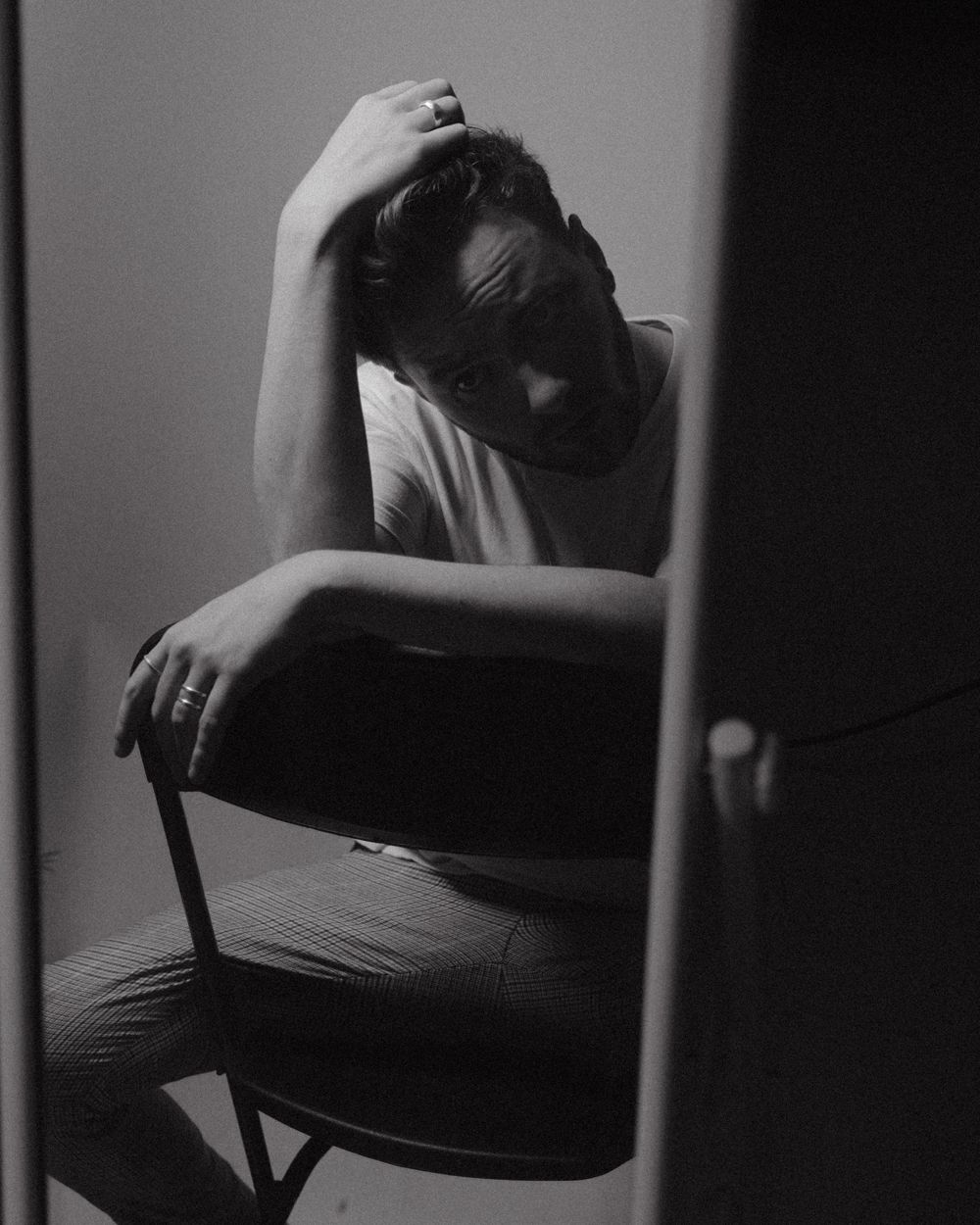
Last month you posted on Twitter about making an album consisting entirely of you saying ‘oiiiii nice’ or ‘naaah shit again again’ after the vocal take. How’s the progress on that? What other phrases do you want to include on future albums?
[Laughs] This is what I’m talking about. Yeah coming along strong, thank you. A LOT of takes to sift through. I had a good ‘yeee boiiiiiii’ the other day in the studio, so that might make it in.
You’ve discussed the negatives of Spotify as a service for emerging artists and there is a lot of debate on this topic. What’s your view of the situation and how has your experience using Spotify as an emerging artist informed you?
This topic fascinates me, as every single musician has a different stance probably because there is so much difference in the way artists earn money and how. For me, I’m actually a huge huge Spotify fan as a user and as an artist. I’m lucky enough to earn a living from Spotify, and actually, I think it’s an incredible and unique platform in terms of giving smaller artists a break. I’m kind of proof of that; I went from no money at all to being able to live in London off of the back of streaming and I guess ‘playlisting’, and I’m so so grateful for it. The thing is, streaming IS the new way of life for music whether we like it or not. I happen to love it. I do appreciate the criticisms though, especially in payment for songwriters. There’s a lot that can be bettered, but for upcoming musicians, Spotify can be life-changing.
You started sharing your music in 2013 with your first EP Darkest Hour. How do you feel you’ve evolved as an artist since then?
That was 7 years ago, wow! I think I’ve matured massively as a writer and as a musician, and I think I’ve learned to let my own taste in what I listen to influence the music I write. I started off mimicking artists I loved, but now I think I’ve fallen into a sound that feels like me. Also pop music. I discovered how much I love pop, and that definitely started leaking into my own songs.
What’s the Nick Wilson manifesto?
Cinematic, emotional music. That’s basically it.
interview by Eleanor Forrest
Check out Nick Wilson’s new EP Love and Heartache below!

